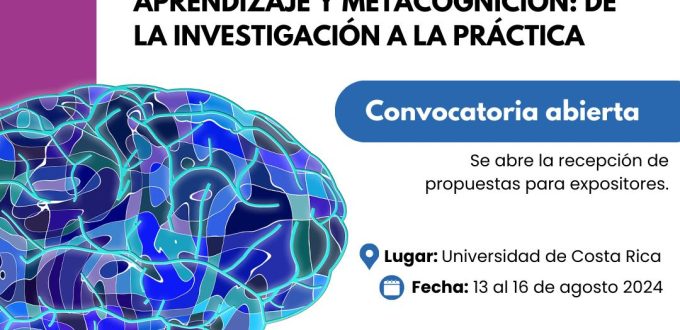San José, Costa Rica 2024
The concept of metacognition is considered one of the most sophisticated aspects of human cognition, related to the mechanisms that allow people to know themselves and regulate their own cognitive activity. The study of metacognition involves multiple disciplines including neuroscience, cognitive science, psychology, education, and philosophy, and is related to other theoretical concepts such as executive functions and self-regulation. Metacognition basically involves two dimensions of thinking, what people know about their own cognition and the ability they have to use this level of consciousness to regulate their own cognitive processes.
Practical implications of the study of metacognition, as it involves the process of raising one’s awareness of their own cognitive resources and how to manage them to be a more efficient learner, include its great potential in areas of educational and labor.
Through metacognition people, as agents of their own thoughts and behaviors, can monitor their knowledge or skills, set their own goals for learning, develop plans to achieve their goals, control and monitor progress of their plans, and judging when these have been achieved. This is why the study of metacognition is particularly interesting as a source of knowledge that could potentially improve the way people manage their own cognitive resources.
The International Conference on Learning and Metacognition: From Research to Practice aims to collect this broad dimension of areas on metacognition, both with theoretical developments and with practical applications of the same in diverse fields (educational, clinical, labor, etc.). This includes the discussion about the methodological tools available for research (psychometric instruments, appropriate research designs, etc.). It is also intended to achieve an interdisciplinary vision that addresses the analysis of adjacent constructs such as executive functions and self-regulation.
Date and location of the activity:
The conference will take place in the continuing education building of the University of Costa Rica (UCR) from August 13th to 16th, 2024
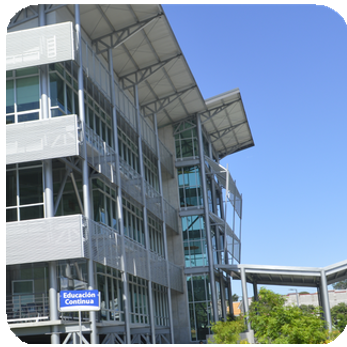
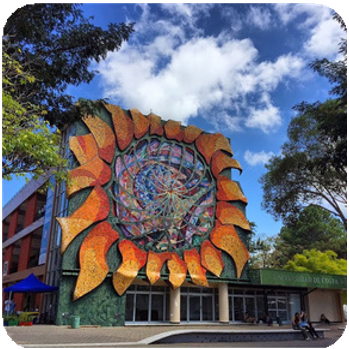
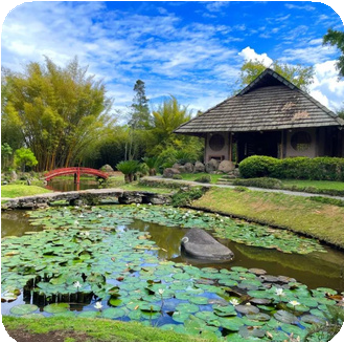

Address: San Pedro de Montes de Oca, Location of UCR, adjacent to the LANAMME Asphalt Testing Laboratory
Themes:
In line with the intention of covering the theoretical and practical aspects of metacognition from an interdisciplinary perspective, a series of very broad thematic axes have been defined that are presented below, which have an illustrative purpose and do not intend to exhaust the possibilities of the conference presentations:
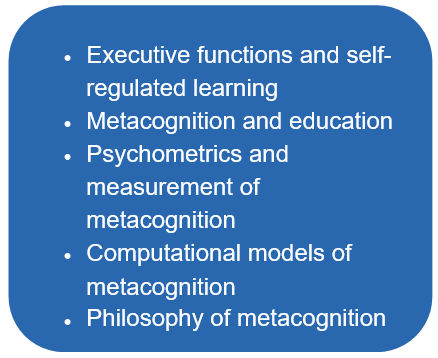
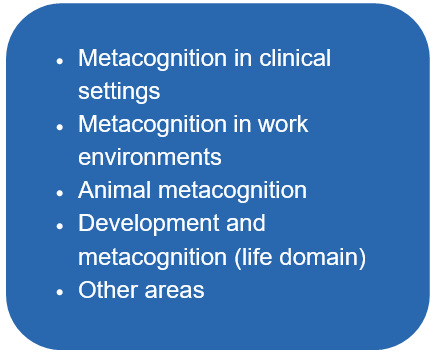
Modalities of participation:
Individual presentations:
Participants who wish to present an individual presentation on their applied research and developments on metacognition must send a summary of a maximum of 200 words. Speakers will have 15 minutes for their presentations during the conference.
Symposiums:
Participants may propose symposia, in which there will be a maximum of 4 speakers who will have 15 minutes for their presentations. The symposium coordinator will oversee gathering the participants and sending the summaries (maximum of 200 words).
Attendance:
Registration for the conference includes the possibility of attending all activities and the delivery of a certificate of attendance.
Virtual participation:
You may participate virtually in both individual presentations and symposia. Only one virtual participation will be allowed per symposium. Participants must indicate in the summary of their presentations if they wish to present virtually.
Proposal Submission:
Summaries of individual presentations and symposia must be sent to congresometacognicion@gmail.com before June 15th. In each case, it must be indicated whether the eventual presentation will be virtual or in person.

Dear researchers, teachers and students interested in the International Congress on Learning and Metacognition.
Necessary clarification:
Since the authorized payment gateway is associated with the Foundation of the University of Costa Rica, and has the type of information of the country ( 9 digits for identification number, and request for address information specific to the country) for researchers who register internationally from outside Costa Rica, we recommend:
- In the identification data: Include the first nine digits of your identification number (ID card, passport, etc).
- In the section that requests the province, canton and district data: include in the three spaces the data referring to the address of the country of origin.

